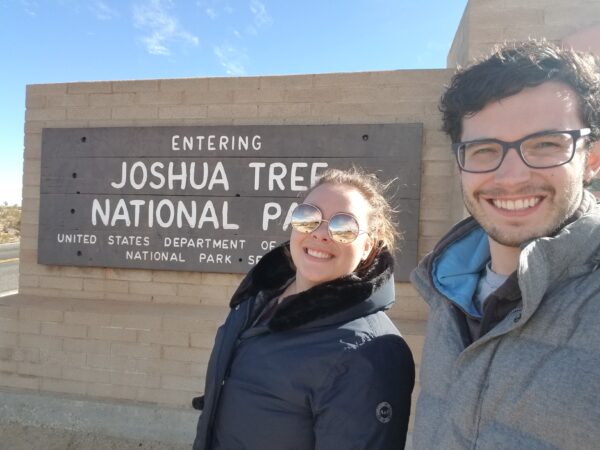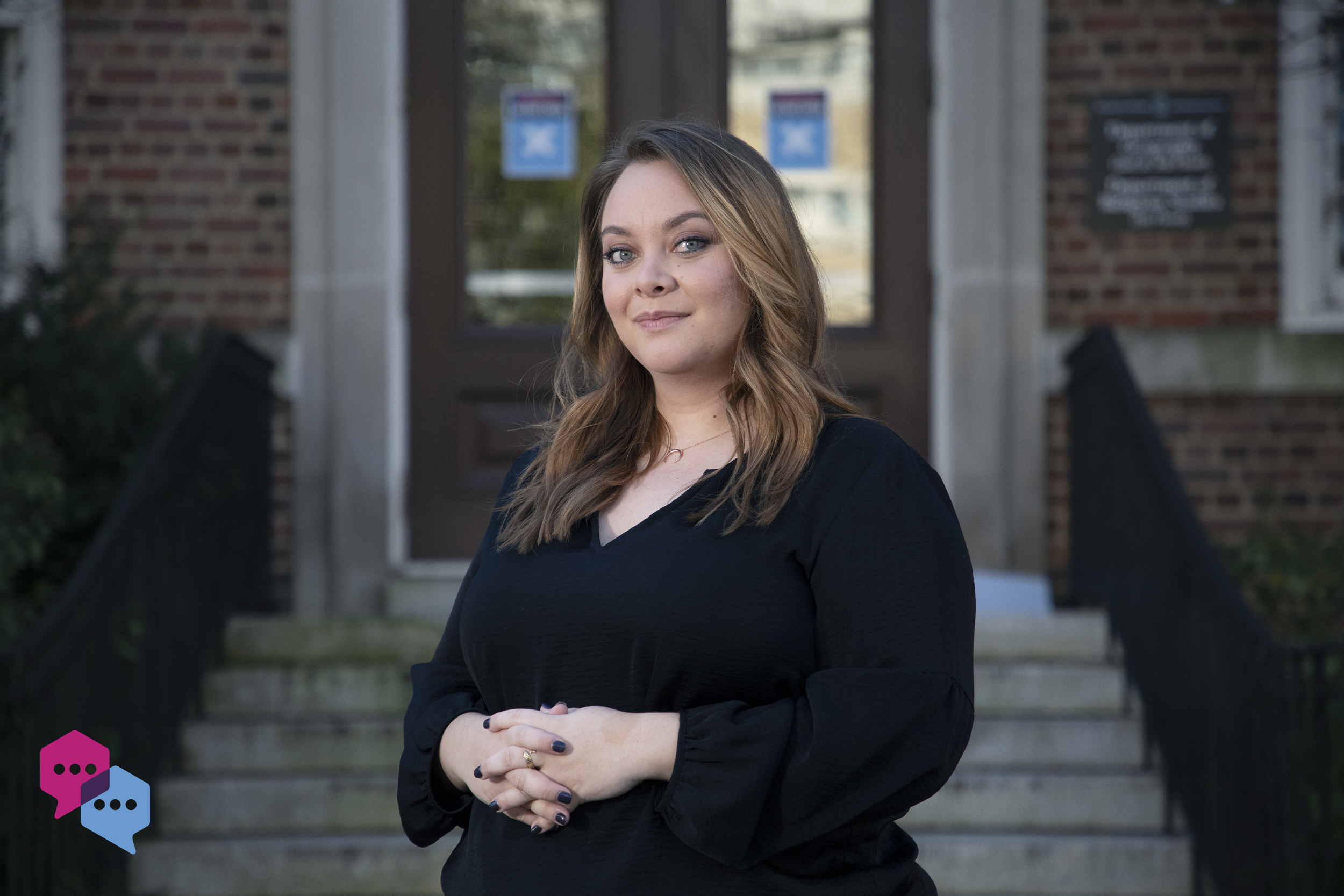Q: When you were a child, what was your response to this question: “What do you want to be when you grow up?”
A: The list of my potential careers included astronaut, doctor, singer, forensic investigator, neurosurgeon, diplomat, lawyer, and President of the United States. I changed my mind every time I learned about something new that interested me.
Q: Share the pivotal moment in your life that helped you choose your field of study.
A: During my first year at UNC, I enrolled in a geography class because it fulfilled one of my general education requirements. Like many freshmen, I was considering the pre-med track but wasn’t certain it was what I really wanted to do. The class was taught by Ashley Ward, who is a health and medical geographer, and when she lectured about what the field was and the kinds of real-world problems these geographers worked on, I knew that it was exactly what I wanted to do. I changed my major to geography that day. It was the classic lightbulb moment.

In 2019, Woodul and fellow UNC researcher Jordan Clark took a road trip across the American Southwest, stopping last at Joshua Tree National Park.
Q: Tell us about a time you encountered a tricky problem. How did you handle it and what did you learn from it?
A: I wrote my master’s thesis on modeling potential future pandemic mortality using a simulated 1918 Spanish Flu-like pandemic. It was written as a kind of “what-if” scenario model to help us better prepare for the next pandemic. One week before I was scheduled to defend, the WHO officially declared the novel coronavirus outbreak a pandemic. Suddenly, the “next pandemic” was happening, and I had a week to change something I’d been working on for two years. I tried to think of it as having the very unique opportunity to find out whether things I thought and wrote were accurate or not by watching what actually happened.
As it turned out, a lot of assumptions that previously were built into models like mine were not accurate at all. I ended up writing portions of the thesis as real-time observations, noting dates and times so that when things inevitably changed again, I’d be able to look back at it and have useful data. It quickly became evident that our actual pandemic experience was going to be just as bad, if not worse, than what I had simulated. I reframed my thesis as an argument for what could conceivably happen now if we didn’t intervene soon.
Q: Describe your research in 5 words.
A: How to survive a pandemic.
Q: What are your passions outside of research?
A: I love to travel and be active. Some of my favorite things to do include scuba diving, snorkeling, hiking, skiing, and horseback riding. And I love live music! Now that we’re not traveling or going out, my passions have grown to include DIY projects around my house, painting, and finding new trails for the many walks my dog and I go on.


